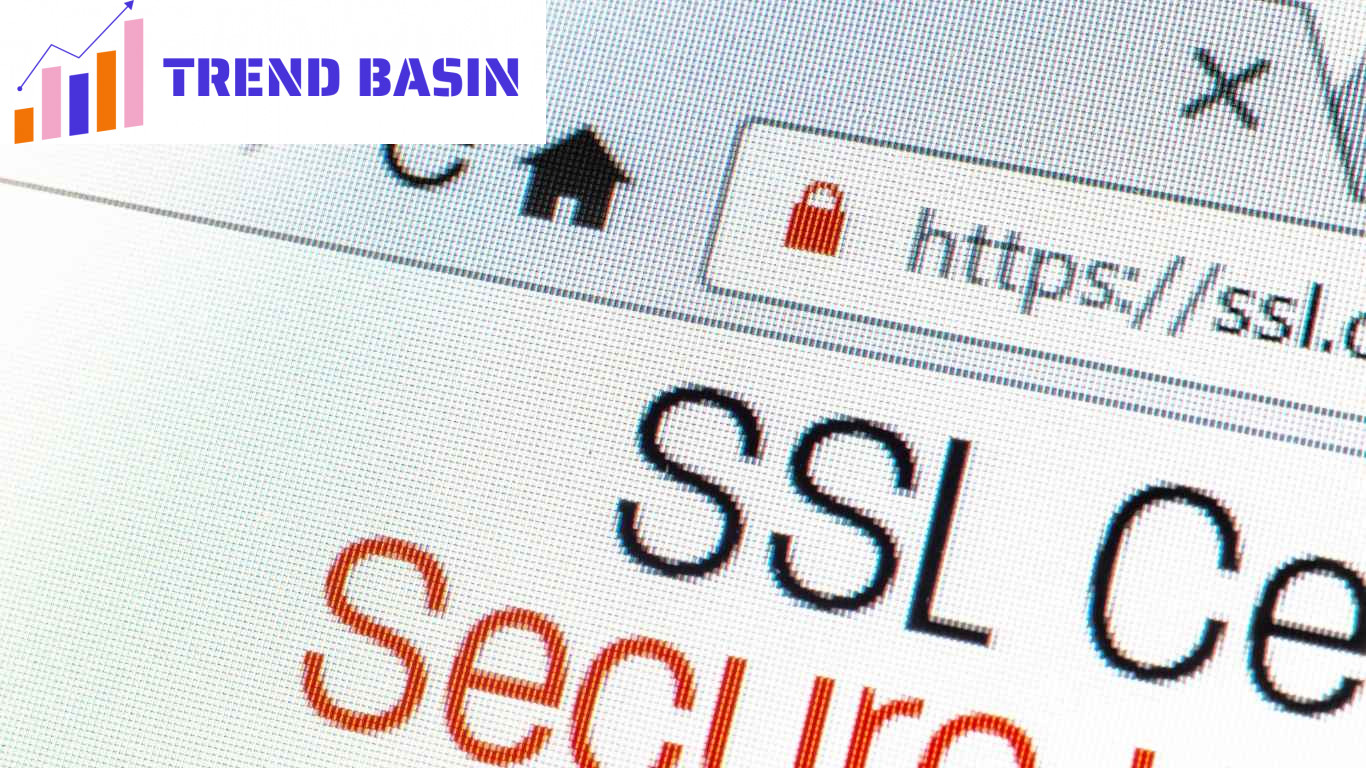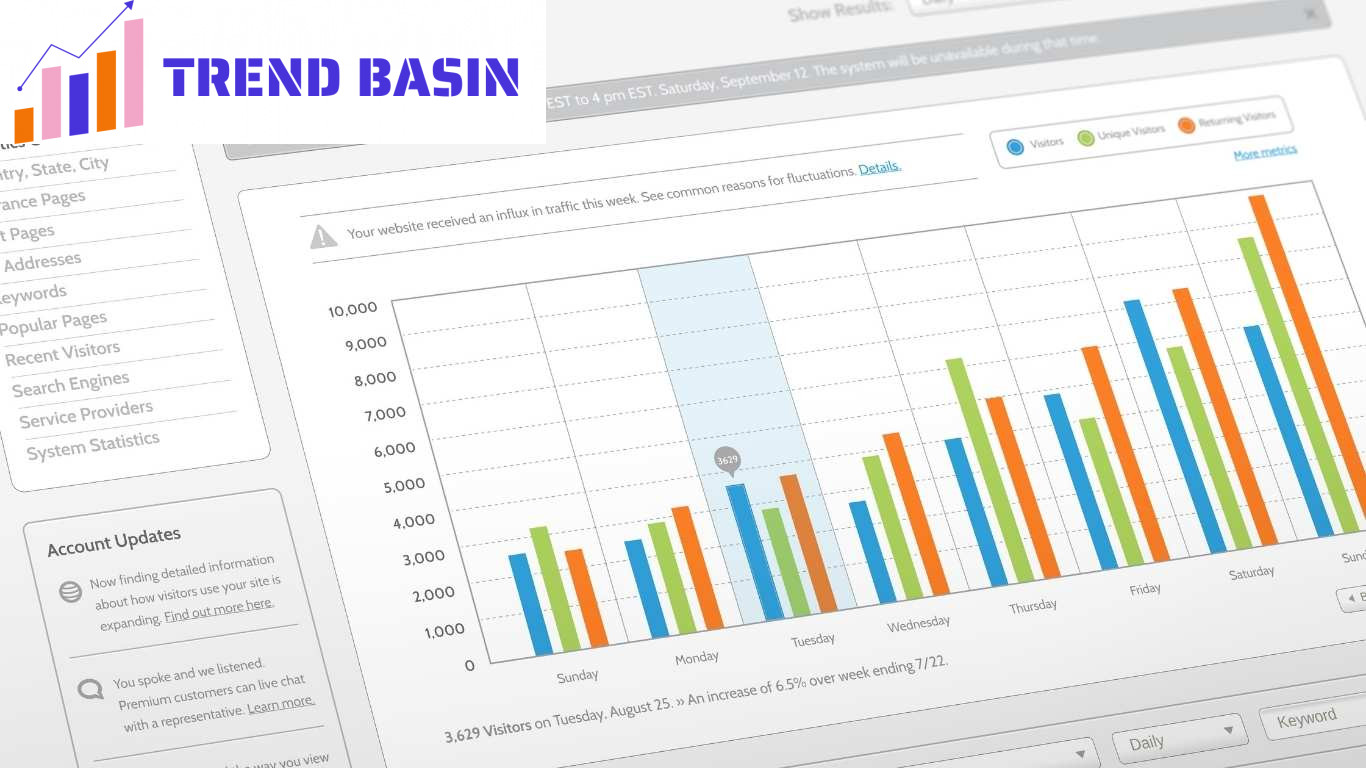Benefits of HTTPS and SSL Certificates in E-Commerce
In the rapidly evolving landscape of e-commerce, security is paramount. As online transactions become increasingly prevalent, the need for robust security measures has never been more critical. Two key technologies that play a vital role in safeguarding e-commerce websites and their customers are HTTPS (Hypertext Transfer Protocol Secure) and SSL (Secure Sockets Layer) certificates.
This article delves into the numerous benefits these technologies offer to e-commerce businesses, backed by compelling statistics and expert insights. For businesses seeking to establish or upgrade their online presence, partnering with professional web design and development services in Singapore can ensure these crucial security measures are properly implemented.
Understanding HTTPS and SSL Certificates
Before we explore the benefits, it’s essential to understand what HTTPS and SSL certificates are and how they work.
HTTPS is an extension of the standard HTTP protocol used for secure communication over a computer network. It encrypts the data exchanged between a user’s browser and the website they’re visiting, ensuring that sensitive information remains protected from potential eavesdroppers.
SSL certificates, on the other hand, are small data files that digitally bind a cryptographic key to an organization’s details. When installed on a web server, they activate the padlock and the https protocol, allowing secure connections from a web server to a browser.
Now, let’s dive into the key benefits of implementing HTTPS and SSL certificates in e-commerce.
1. Increased Customer Trust
In the world of e-commerce, trust is currency. Customers need to feel confident that their personal and financial information is safe when making online purchases. HTTPS and SSL certificates play a crucial role in building this trust.
According to a survey by GlobalSign, 84% of consumers are more likely to trust websites that display SSL security indicators, such as the padlock icon and “HTTPS” in the URL[2]. This statistic underscores the importance of visible security measures in fostering customer confidence.
Moreover, the absence of these security indicators can have severe consequences. A staggering 84% of online shoppers abandon their purchases if they notice the absence of SSL security indicators[2]. This highlights how critical it is for e-commerce businesses to implement and prominently display these security measures. When developing an ecommerce website, it’s crucial to prioritize these security features from the outset.
2. Enhanced Security
The primary purpose of HTTPS and SSL certificates is to enhance security, and they excel in this regard. These technologies provide a robust layer of protection against various cyber threats, making it significantly harder for malicious actors to intercept and misuse sensitive data.
A study by the SSL Store revealed that SSL encryption makes it 10,000 times harder for attackers to decrypt intercepted data[2]. This staggering figure demonstrates the effectiveness of SSL in protecting sensitive information such as credit card numbers, personal details, and login credentials.
Furthermore, SSL certificates play a crucial role in combating phishing attacks, a common threat in the e-commerce landscape. The Anti-Phishing Working Group (APWG) reported a 77% decrease in phishing attacks on websites with SSL certificates compared to those without[2]. This significant reduction in phishing attempts not only protects customers but also safeguards the reputation of e-commerce businesses.
3. Improved Search Engine Rankings
In today’s digital age, visibility in search engine results is crucial for e-commerce success. Implementing HTTPS and SSL certificates can give businesses a significant edge in this area.
Google, the world’s most popular search engine, has confirmed that HTTPS is a ranking factor in its algorithms. Websites with SSL certificates are 50% more likely to rank higher in search results[2]. This improved visibility can lead to increased organic traffic, potentially translating into more sales and revenue for e-commerce businesses.
Since 2014, Google has prioritized secure websites in its algorithms, making SSL certificates essential for e-commerce SEO strategies[1][5]. This shift in Google’s approach reflects the growing importance of website security in the digital landscape. Web design and development services in Singapore can help businesses optimize their ecommerce websites for both security and search engine performance.
4. Higher Conversion Rates
While attracting visitors to an e-commerce site is important, converting these visitors into customers is the ultimate goal. HTTPS and SSL certificates can play a significant role in improving conversion rates.
Studies indicate that users are more inclined to engage with sites that have visible trust indicators. This increased engagement can lead to higher conversion rates and, ultimately, increased sales for e-commerce platforms[4].
Research shows that sites with SSL certificates can see conversion rates increase by as much as 30%[4]. This substantial boost in conversions can be attributed to the increased sense of security and trust that SSL certificates provide. When customers feel safe completing transactions on a website, they’re more likely to follow through with their purchases.
5. Compliance with Regulations
In an era of increasing data protection regulations, compliance is not just a best practice—it’s a legal requirement. HTTPS and SSL certificates play a crucial role in helping e-commerce businesses meet these regulatory obligations.
SSL certificates help businesses comply with data protection regulations such as the General Data Protection Regulation (GDPR) in the European Union and the Payment Card Industry Data Security Standard (PCI DSS)[4][5]. These regulations mandate the protection of personal data, and non-compliance can lead to significant fines and legal issues.
By implementing HTTPS and SSL certificates, e-commerce businesses demonstrate their commitment to data protection and privacy. This not only helps avoid potential legal pitfalls but also reinforces customer trust in the business’s practices. Web design and development services in Singapore can assist businesses in ensuring their ecommerce websites are fully compliant with these regulations.
6. Protection Against Data Breaches
Data breaches can be catastrophic for e-commerce businesses, leading to financial losses, damage to reputation, and loss of customer trust. HTTPS and SSL certificates serve as a crucial line of defense against such breaches.
E-commerce sites without SSL certificates are more vulnerable to cyber-attacks, which can result in credit card theft and illegal data mining[1]. By encrypting data transmitted between the user’s browser and the website’s server, SSL certificates make it extremely difficult for attackers to intercept and misuse this information.
Implementing SSL is a proactive measure to safeguard sensitive customer information. It demonstrates a commitment to security that can help prevent data breaches and protect both the business and its customers from the potentially devastating consequences of such incidents.
7. User Experience and Bounce Rates
User experience is a critical factor in e-commerce success, and HTTPS and SSL certificates play a significant role in shaping this experience.
Websites lacking SSL may display warnings such as “Not Secure” in the browser address bar. These warnings can be alarming to users and often lead to higher bounce rates[1][5]. Many users are likely to leave immediately upon seeing these warnings, which can severely impact engagement metrics and, ultimately, sales.
On the other hand, the presence of HTTPS and the padlock icon in the address bar provides a sense of security and professionalism. This positive user experience can encourage visitors to stay on the site longer, explore more products, and complete their purchases.
8. Mobile Security
With the increasing prevalence of mobile shopping, ensuring security across all devices is crucial for e-commerce success. HTTPS and SSL certificates play a vital role in securing mobile transactions.
Mobile users are often connected to public Wi-Fi networks, which can be less secure than private networks. HTTPS ensures that data transmitted over these networks is encrypted, protecting users from potential eavesdropping or man-in-the-middle attacks.
Moreover, many mobile browsers now display prominent warnings for non-HTTPS sites, potentially deterring mobile shoppers from completing their purchases. By implementing HTTPS and SSL certificates, e-commerce businesses can provide a seamless and secure shopping experience across all devices.
9. Brand Reputation and Credibility
In the competitive world of e-commerce, brand reputation can be a significant differentiator. HTTPS and SSL certificates contribute to building and maintaining a positive brand image.
The visible security indicators associated with HTTPS and SSL certificates signal to customers that a business takes their security seriously. This can enhance the perceived credibility and professionalism of the brand, setting it apart from competitors who may not have implemented these security measures.
Moreover, in the event of a security incident, businesses that have implemented robust security measures like HTTPS and SSL certificates may be viewed more favorably by customers and regulators alike, potentially mitigating some of the negative impacts on brand reputation.
10. Future-Proofing Your E-Commerce Business
As technology evolves and cyber threats become more sophisticated, the importance of robust security measures in e-commerce is only set to increase. Implementing HTTPS and SSL certificates now is a step towards future-proofing your e-commerce business.
Many emerging technologies and web standards are being built with the assumption that HTTPS will be used. By adopting these technologies early, e-commerce businesses position themselves to take advantage of future innovations in web security and performance.
Conclusion
The benefits of HTTPS and SSL certificates in e-commerce are clear and compelling. From increased customer trust and enhanced security to improved search engine rankings and higher conversion rates, these technologies offer a wide range of advantages that can significantly impact an e-commerce business’s success.
The statistics speak for themselves: 84% of consumers are more likely to trust websites with SSL security indicators[2], SSL encryption makes it 10,000 times harder for attackers to decrypt intercepted data[2], and websites with SSL certificates are 50% more likely to rank higher in search results[2].
In today’s digital landscape, implementing HTTPS and SSL certificates is not just a best practice—it’s a necessity for e-commerce businesses looking to thrive and grow. By prioritizing security and trust, businesses can create a solid foundation for long-term success in the competitive world of online retail.
As you consider the security strategy for your ecommerce website, remember that HTTPS and SSL certificates are more than just technical implementations—they’re investments in your customers’ trust, your brand’s reputation, and your business’s future. Partnering with experienced web design and development services in Singapore can ensure that these crucial security measures are implemented effectively, setting your e-commerce business up for success in the digital marketplace.
Sources
[1] The Dallas SEO Company. “Benefits of SSL for eCommerce.” https://www.thedallasseocompany.com/blog/benefits-of-ssl-for-ecommerce
[2] Casbay. “Understanding the Importance of SSL Certificates for E-commerce Websites.” https://www.casbay.com/blog/tips-sharing/understanding-the-importance-of-ssl-certificates-for-e-commerce-websites
[3] Sectigo. “SSL Certificates for eCommerce.” https://www.sectigo.com/solutions/industries/ecommerce
[4] SSL Dragon. “SSL Benefits.” https://www.ssldragon.com/blog/ssl-benefits/
[5] BigRock. “SSL Certificate for eCommerce Website.” https://www.bigrock.in/blog/products/security/ssl-certificate-for-ecommerce-website
[6] BlackDuck. “eCommerce SSL Certificate.” https://www.blackduck.com/blog/ecommerce-ssl-certificate.html
[7] Mageplaza. “SSL Certificate for eCommerce Website.” https://www.mageplaza.com/blog/ssl-certificate-for-ecommerce-website.html
[8] SellersCommerce. “SSL for eCommerce Store: An Absolute Necessity.” https://www.sellerscommerce.com/blog/ssl-for-ecommerce-store-an-absolute-necessity/



